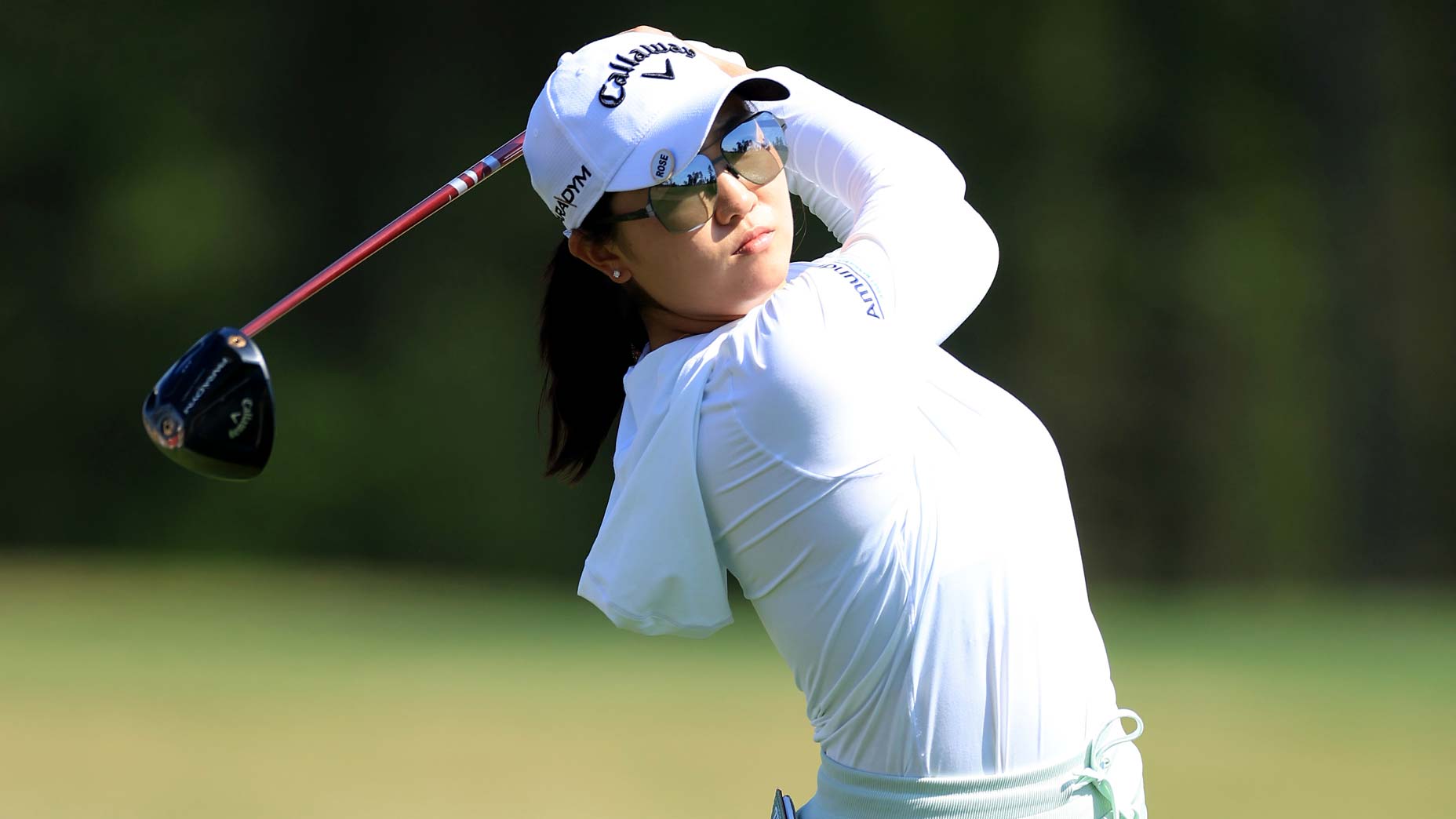At almost every golf course and driving range, there are PGA professionals offering one-hour golf lessons.
Indoor golf simulators are the latest wave of high-tech training, but could technology put an end to the traditional one-on-one hour lesson with a pro?
The simulators provide a controlled environment that eliminates external factors such as weather conditions, distractions and other limitations. This allows for focused and uninterrupted practice sessions, enabling golfers to work on specific skills and techniques without any hindrances and with more data.
247 Indoor Golf in Stuart, Florida, is a prime example of how they are combining PGA instruction with advanced technology. There are five simulators, a 1,200-square-foot putting green with Puttview Technology and the opportunity for lessons. An affordable monthly membership, which could equal the amount of two one-hour lessons, has golfers coming and going as they please with 24-hour access.
247’s lesson model is one in which a PGA professional roams around and helps students as needed. Critiques are given and then the student has the freedom to practice them at their own pace with the PGA professional nearby.
247 Indoor Golf in Stuart, Florida. (247)
“I’d rather see a student for 10 minutes a few days a week than once for an hour,” says owner and PGA professional, Billy Ore. “Improving at golf requires a player to get uncomfortable. I make sure that happens every time someone comes in and asks for help to achieve results in their game.”
It’s not practice that makes perfect, it’s perfect practice that makes perfect. If you spend an hour repeating the same mistakes you will only find yourself frustrated. Changes take time for the golfer to fully embody.
“Feedback is essential to improvement and we can control that better indoors,” said Ore. While working in a controlled environment may improve your game it begs the question what happens when you take it outside playing against the elements? Can working with a PGA professional at your local golf course and driving range prepare you just as well?
If you are starting out or just the average golfer you know education can be expensive with a lot of lessons to achieve desired results.
The harsh truth of this model is that golfers don’t need to be watched during every swing when working on minimal changes. The student should take time to allow the information to digest and practice swinging with the changes.
Odds are after a few corrections the golfer knows what needs to be adjusted and it will take time for them to physically and mentally accept the change. Professionals can only repeat the same adjustments so many times within an hour.
The good news is there are options whether you are a traditionalist or someone who is willing to blend the two together for the greater good of being a better golfer.








